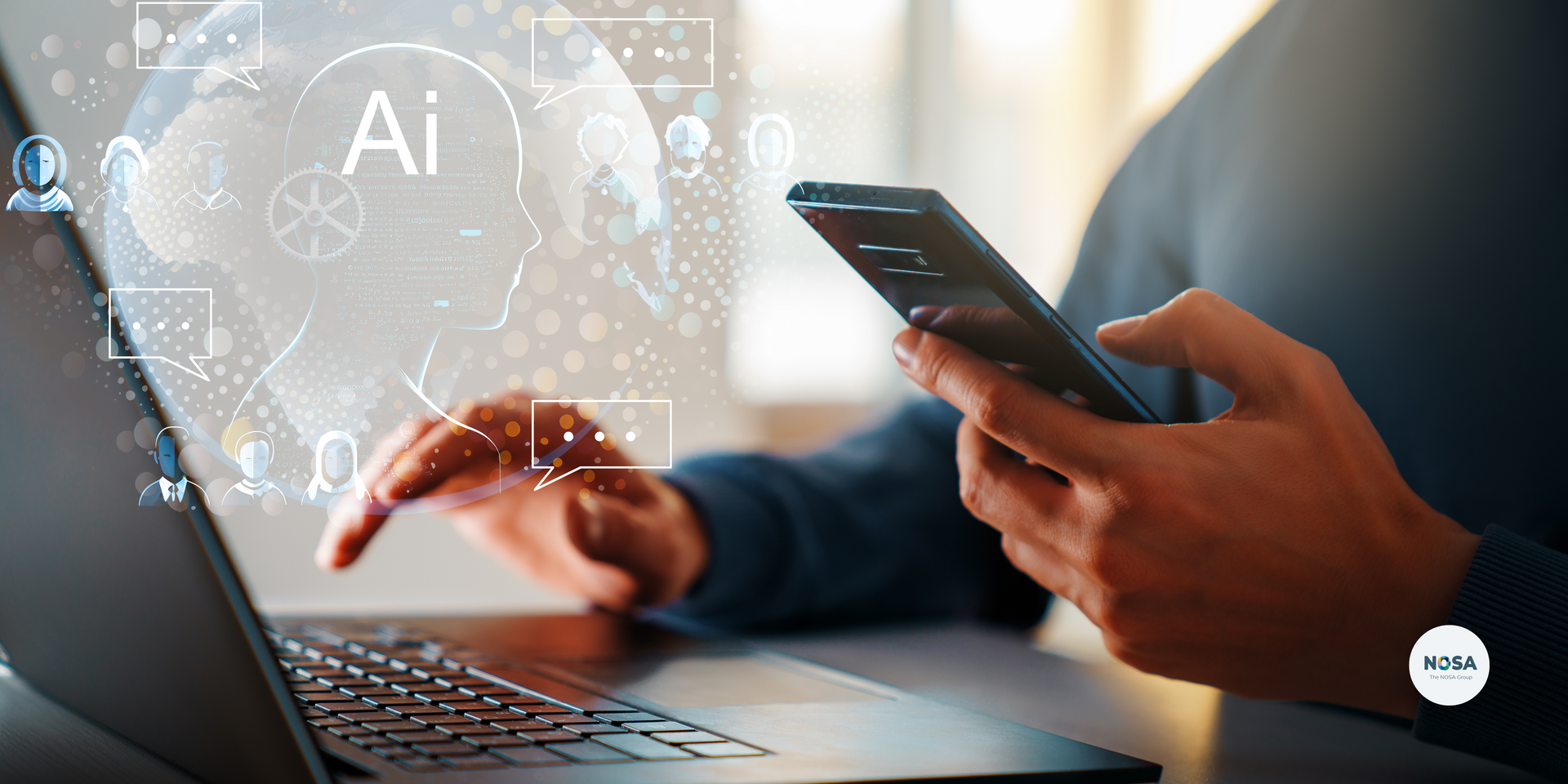Artificial Intelligence and Automation in Staffing Business
Revolutionizing Recruitment: The Impact of AI and Automation in Staffing and Marketing
Recruitment plays a crucial role in the success of organizations. Finding and attracting top talent can make a significant difference in achieving business objectives. In recent years, the recruitment landscape has undergone a revolution with the advent of artificial intelligence (AI) and automation.
These technologies have transformed the way organizations approach staffing and marketing recruitment, leading to improved efficiency and better decision-making. In the next article, we will explore the transformative impact of AI and automation in staffing and marketing recruitment so keep reading to be informed.
The Traditional Recruitment Landscape
Traditionally, recruitment has been a labor-intensive process, involving manual screening of resumes, conducting interviews, and assessing candidates' qualifications.
Recruiters faced challenges in managing large volumes of applications, leading to time-consuming and inefficient processes. Moreover, biases and subjectivity often influenced hiring decisions.
With the emerge of new technologies, Artificial Intelligence and Automation has changed completely the way recruitment works because now you can do the things you did before, but faster and more accurately, leaving you with time to be focused on other aspects of the process.

Leveraging AI in Staffing and Marketing Recruitment
AI has emerged as a game-changer in the recruitment industry. With AI-powered technologies, recruiters can automate various aspects of the hiring process, saving time and resources.
One significant application of AI is in resume screening and candidate shortlisting. AI algorithms can analyze vast amounts of data from resumes, job applications, and online profiles, quickly identifying candidates with the desired skills and qualifications.
This automation streamlines the initial screening process, allowing recruiters to focus on more strategic aspects of recruitment.
Additionally, AI enables advanced analytics for identifying top talent. By analyzing historical data on successful hires, AI algorithms can identify patterns and characteristics that correlate with success in a particular role.
This data-driven approach helps recruiters make more informed decisions and identify candidates with a higher probability of success.
Automation also plays a vital role in candidate engagement and communication. Chatbots and automated messaging systems can handle initial candidate interactions, provide responses to frequently asked questions, and schedule interviews.
This ensures a seamless and prompt experience for candidates, enhancing their engagement with the recruitment process.
The Benefits and Advantages of AI and Automation
The introduction of AI and automation brings numerous benefits to staffing and marketing recruitment. Firstly, it improves efficiency by automating time-consuming tasks.
AI algorithms can process large volumes of data and perform tasks faster and more accurately than humans. This efficiency allows recruiters to manage a higher number of applications and reach more candidates effectively.
Secondly, AI and automation enhance the candidate experience. Automated systems can provide timely feedback, personalized messages, and updates throughout the recruitment process, ensuring candidates feel valued and engaged.
This positive experience not only helps in attracting top talent but also improves an organization's employer brand.
Moreover, AI enables data-driven decision-making in recruitment. By leveraging AI analytics, recruiters can gain insights into candidate profiles, performance metrics, and cultural fit, among other factors.
These insights enable recruiters to make informed and objective hiring decisions, reducing the risk of bias and increasing the likelihood of finding the right candidate for the role.
Lastly, AI and automation contribute to promoting diversity and inclusivity in recruitment. By removing human biases from the initial screening process, AI algorithms focus on candidates' qualifications, skills, and experience.
This approach helps organizations to build more diverse teams and foster an inclusive work environment.
Ethical Considerations in AI and Automation
While AI and automation offer numerous benefits, it is crucial to address ethical considerations. Privacy and data security are important factors to consider when leveraging AI in recruitment.
Organizations must ensure that candidate data is handled securely and in compliance with data protection regulations.
Moreover, preventing algorithmic bias is essential. AI algorithms are only as effective as the data they are trained on. If the training data is biased or incomplete, the algorithms may perpetuate discriminatory practices.
Human oversight is necessary to continuously monitor and assess the algorithms' fairness, ensuring that decisions are not influenced by race, gender, or other protected characteristics.
Future Directions and Implications
Looking ahead, the impact of AI and automation in staffing and marketing recruitment is expected to grow. Emerging trends such as predictive analytics, natural language processing, and machine learning are shaping the future of recruitment. Organizations that embrace these technologies are likely to gain a competitive advantage in attracting and retaining top talent.
However, it is important to strike a balance between technology and the human touch. While AI and automation can streamline processes, human involvement remains crucial. Recruiters bring expertise, intuition, and emotional intelligence that AI algorithms cannot replicate. Human intervention ensures that final hiring decisions consider the broader context and cultural fit within an organization.
Conclusion
AI and automation have revolutionized recruitment in staffing and marketing. These technologies have transformed the way organizations approach candidate selection, engagement, and decision-making. By leveraging AI-powered tools, recruiters can save time, enhance the candidate experience, and make data-driven decisions for better hiring outcomes. While ethical considerations and human oversight are essential, the future of recruitment undoubtedly lies in embracing AI and automation to attract, hire, and retain the best talent.









